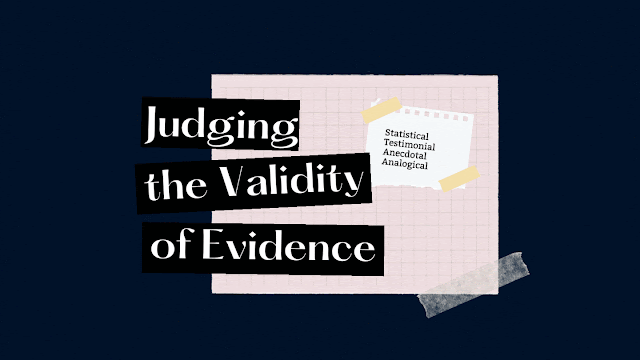The class is over. I'm glad that we ended our class and also our blog. I'm relieved that I don't have to write for our blog anymore or worry about meeting the deadline. I will miss the times that I need to edit, think about the designs, and think words just to make my journal long. I also want to thank each and every one of our teachers. We appreciate you teaching us despite the pandemic. We are grateful for the new information we have learned and will undoubtedly keep in our minds and carry with us for the rest of our lives. I would also like to express my gratitude to my fellow students for staying safe and making it through this trip when the pandemic is still present. Thank you all for your time. Be careful and good luck on our next journey.
School Year 2021 - 2022


.gif)
.gif)


%20(1).gif)

.gif)


.gif)

.gif)
.gif)
.gif)

